

2018-01-08 10:37:00 Mon ET
stock market gold oil stock return s&p 500 asset market stabilization asset price fluctuations stocks bonds currencies commodities funds term spreads credit spreads fair value spreads asset investments
Spotify considers directly selling its shares to the retail public with no underwriter involvement. The music-streaming company plans a direct list on NYSE in lieu of a hot IPO. This alternative procedure can be cheaper, faster, and less legally risky to the issuer. The issuer may then lose its first-day price run-up in a hot IPO, which seldom benefits anyone apart from the institutional investors who receive an initial allocation of shares. In contrast, most startups file for an IPO through investment banks. These underwriters round up institutional investors to buy the issuer's fresh shares in order to establish a fair market price. Through a promotional roadshow, the underwriters commit to covering these new shares in their due diligence and fair valuation. The underwriters receive a considerable bounty in the order of 3%-5% of the IPO price (e.g. $300 million fee-payment to Alibaba's underwriters).
As cash-rich companies such as Spotify, Uber, and Airbnb have little incentive to raise capital via IPOs, these cash cows prefer to directly list on stock exchanges. Spotify can thus bypass firm commitment on the part of IPO-fee-driven investment banks. Nevertheless, the direct list may expose Spotify to bear raid by short-sellers, little underwriter liability, and less blue-sky transparency. This direct list option may attract more unicorns into the U.S. public stock market.
If any of our AYA Analytica financial health memos (FHM), blog posts, ebooks, newsletters, and notifications etc, or any other form of online content curation, involves potential copyright concerns, please feel free to contact us at service@ayafintech.network so that we can remove relevant content in response to any such request within a reasonable time frame.
2019-04-03 11:35:00 Wednesday ET
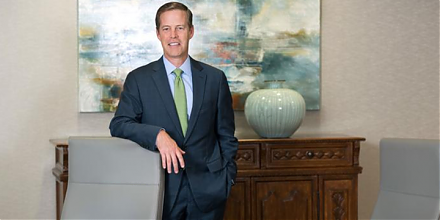
A Florida fintech group Fidelity Information Services initiates the largest $43 billion acquisition of the e-commerce payments processor Worldpay. Fidelity
2017-03-27 06:33:00 Monday ET
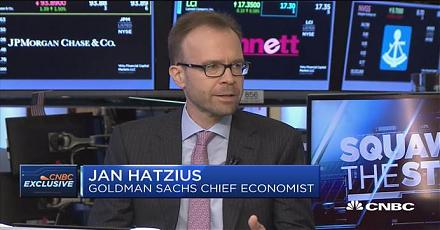
Goldman Sachs chief economist Jan Hatzius says the Federal Reserve's QE exit strategy makes sense ahead of Fed Chair Janet Yellen's stepdown in 2018
2019-08-06 07:28:00 Tuesday ET
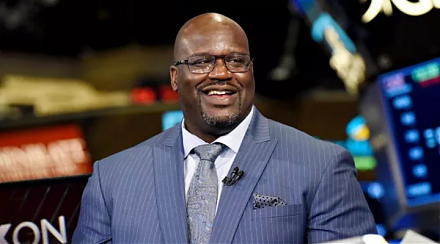
Former basketball star Shaq O'Neal has almost quadrupled his net worth once he learns and applies an ingenious investment strategy from Amazon Founder J
2017-01-17 12:42:00 Tuesday ET
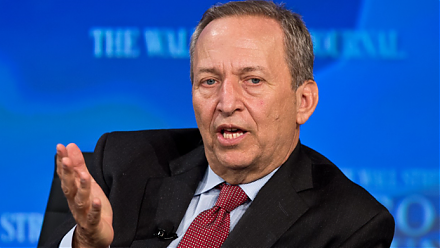
Former Treasury Secretary and Harvard President Larry Summers critiques that the Trump administration's generous tax holiday for American multinational
2018-12-15 14:38:00 Saturday ET
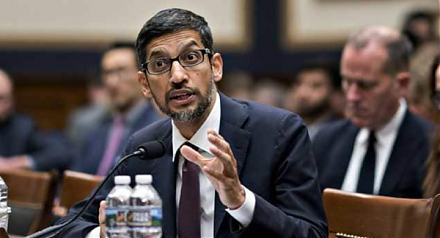
Google CEO Sundar Pichai makes his debut testimony before Congress. The post-mid-term-election House Judiciary Committee bombards Pichai with key questions
2018-02-03 07:42:00 Saturday ET
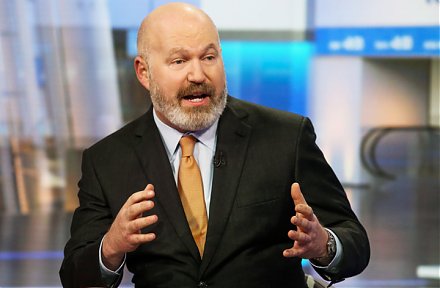
Quant Quake 2.0 shakes investor confidence with rampant stock market fears and doubts during the recent Fed Chair transition from Janet Yellen to Jerome Pow